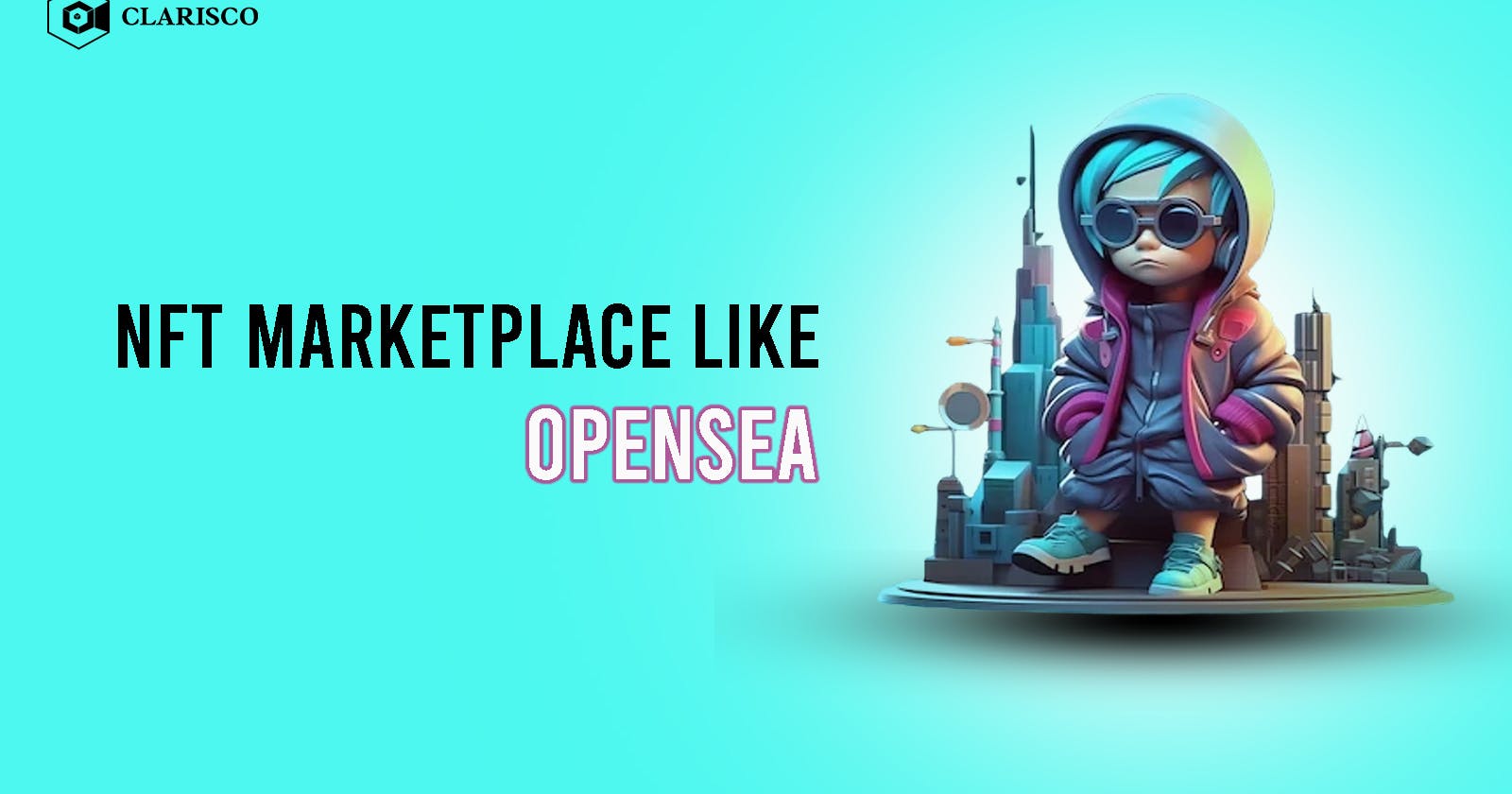In the dynamic world of blockchain technology and decentralized finance, the rise of NFTs (Non-Fungible Tokens) has brought about a revolutionary shift in the way we perceive and trade digital assets. Platforms like OpenSea have played a pivotal role in facilitating the buying, selling, and trading of NFTs, leading many entrepreneurs and developers to consider creating their own versions.
The development of an OpenSea clone script involves various factors that collectively contribute to the overall cost. The complexity of the project, the features desired, and the development team's expertise all play crucial roles in determining the financial investment required.
At the core, an OpenSea clone script entails the creation of a decentralized marketplace for NFTs, enabling users to mint, list, buy, and sell digital assets seamlessly. The blockchain infrastructure, security protocols, smart contract development, and user interface design are integral components that influence the cost.
The choice of blockchain also significantly impacts development expenses. Ethereum, being the pioneer in NFTs, is a popular choice, but alternatives like Binance Smart Chain and others may offer cost advantages. Smart contracts, essential for NFT functionality, demand careful coding and auditing, contributing to the overall project cost.
In conclusion, developing an OpenSea clone software involves a nuanced interplay of factors. While costs can vary, a well-thought-out development plan, choice of blockchain, and a proficient development team are key to ensuring a successful and cost-effective venture into decentralized NFT marketplaces.
